Within less than a month, IPHI recruited, employed, and trained 80 new staff on behalf of Fairfax County. By the end of January 2021, IPHI had hired over 640. This new surge workforce included case interviewers, contact interviewers, community health workers, epidemiologists, environmental health specialists, call center staff, wellness specialists, and over 50 response team managers. As the pandemic response shifted to include an emphasis on COVID-19 vaccine access, team members were trained and shifted to support vaccine outreach, education, and provision.
IPHI developed a week-long training program for case investigators and contact tracers that wrapped around an online, self-guided course offered by Johns Hopkins University. IPHI also created a separate training program for COVID-19 community health workers. IPHI’s curricula ensured new hires had the opportunity to practice what they were learning through interactive, adult learning methods. The IPHI courses were so well-received the health department asked IPHI to include over 250 government employees in the program as well, beyond the IPHI-employed staff. Over the course of its involvement, IPHI had trained well over 1,000 pandemic responders. In March 2021, the National Network of Public Health Institutes published an article on IPHI’s training program.
In the late summer of 2021, it became clear that a second boost in workforce capacity was required to respond to a new surge in COVID-19 cases in Fairfax County and across the Commonwealth of Virginia due to the Delta variant and, later, Omicron. IPHI hired and trained hundreds of additional workers in the fall of 2021 who were deployed to not just Fairfax County Health Department but 22 additional Local Health Districts across Virginia.
IPHI has learned a number of key lessons from this work thus far, including:
- Public/private partnerships can provide efficiency and agility to governmental efforts to expand capacity and effectively respond to public health emergencies.
- While there is pressure to ramp up quickly, governments and their partners should invest in sufficient upfront training to improve performance and staff satisfaction.
- Community health workers have a vital role to play in emergency response.
“IPHI is an essential partner in the Health Department’s efforts to contain COVID-19 in Fairfax County. Recruiting, employing and training hundreds of staff in just a few short months was no small feat. Due to the critical support and capacity IPHI provided, we were able to focus on our role leading the Emergency Response.”
— Gloria Addo-Ayensu, MD, MPH, Director of Health for Fairfax County
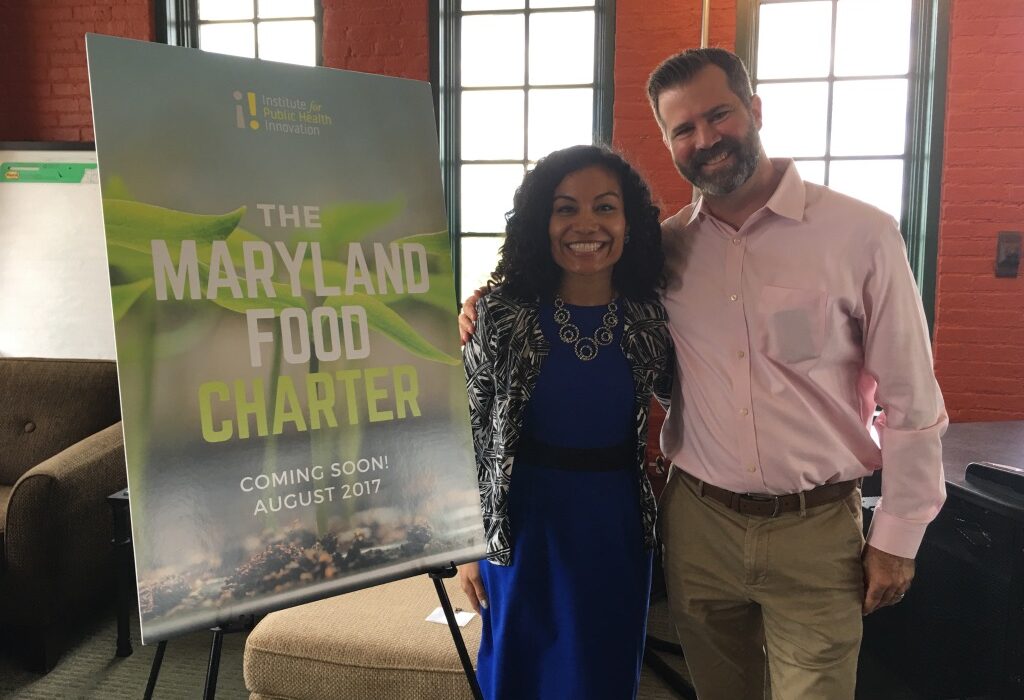
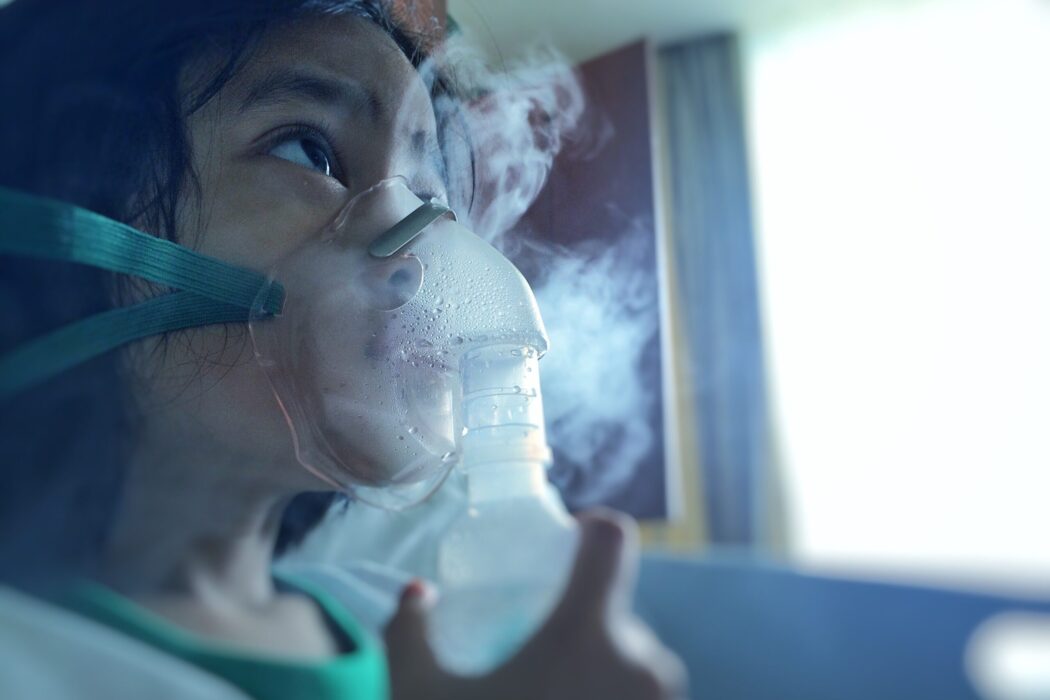
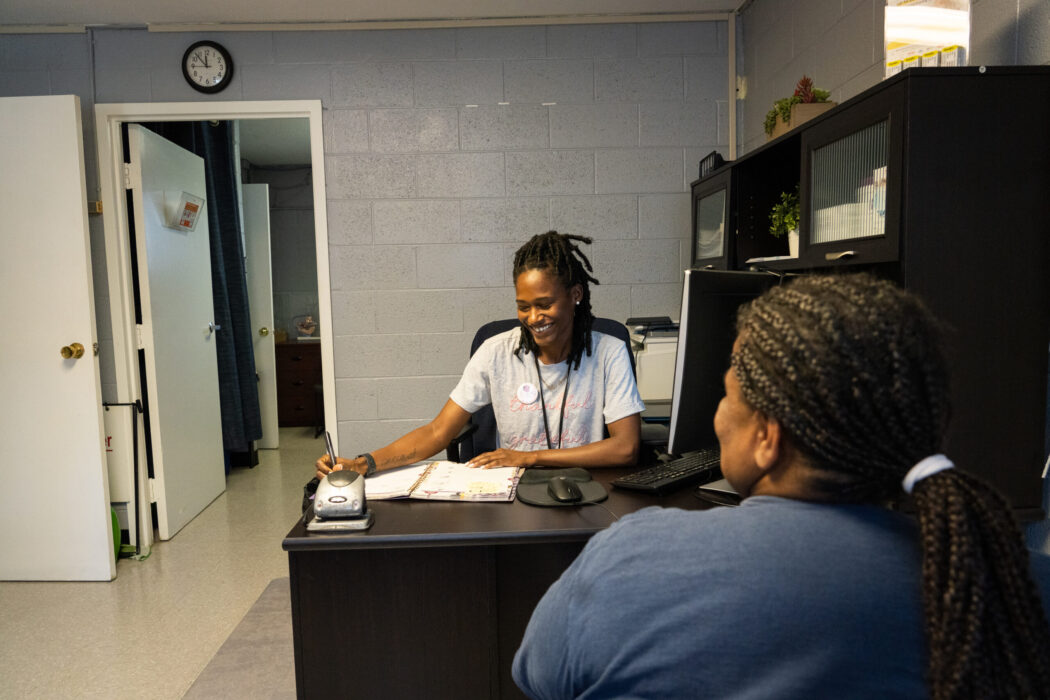

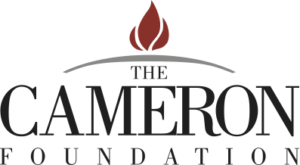
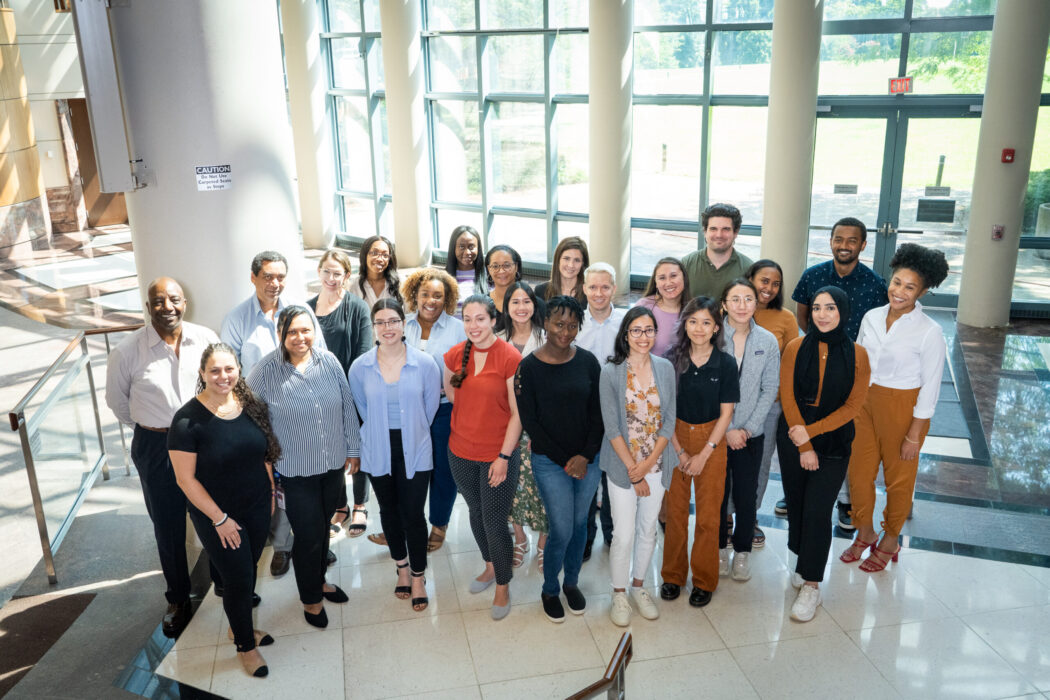


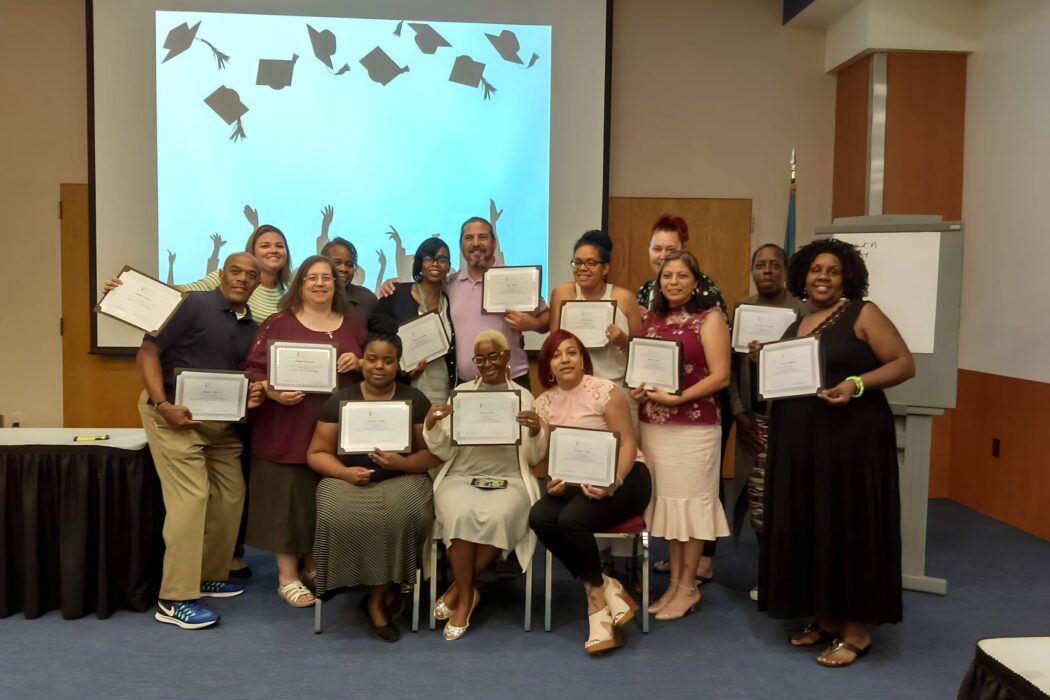
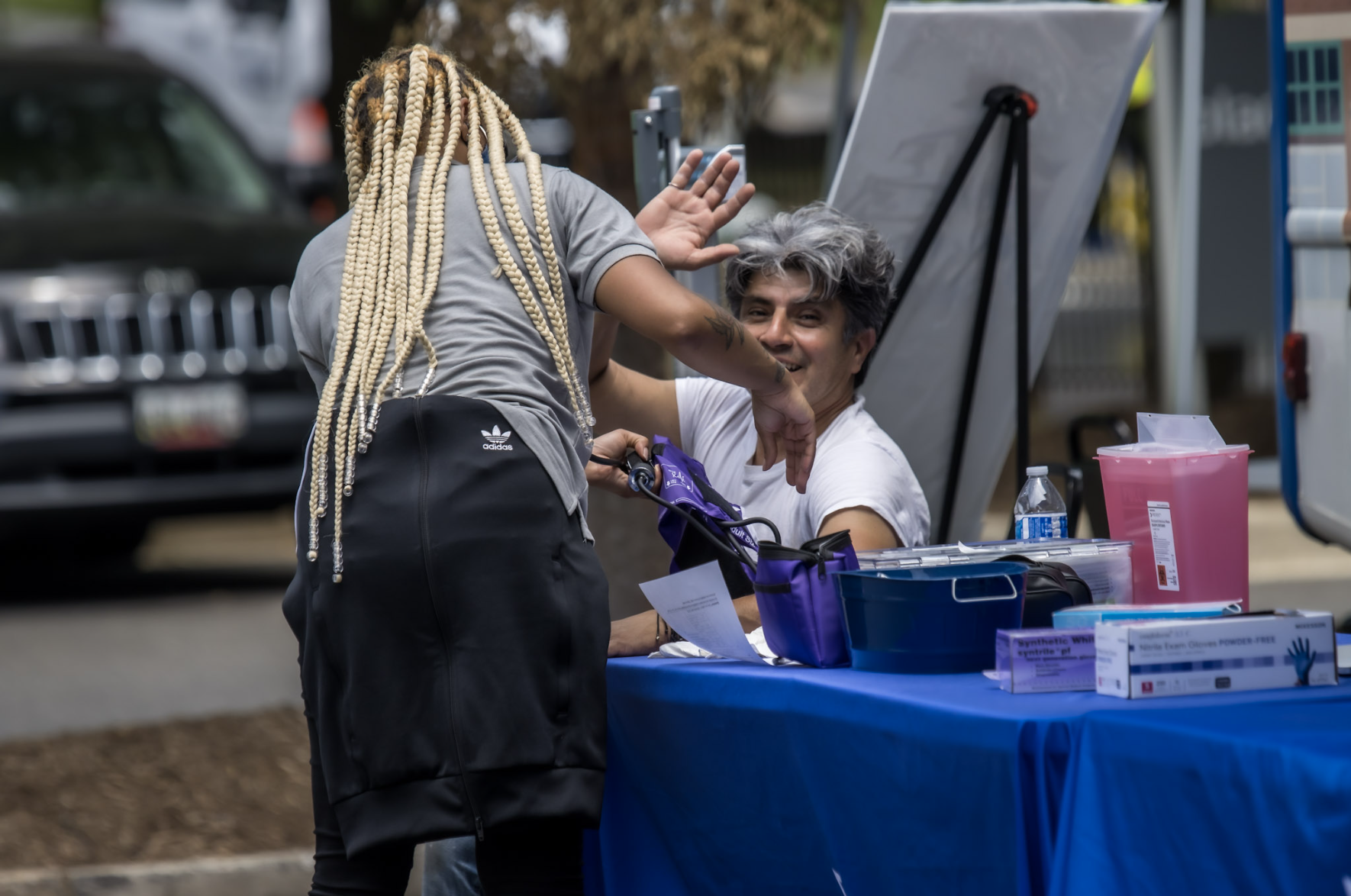

 In 2021, the Potomac Health Foundation (PHF) awarded IPHI a grant to support the CHCGPW and advance its goals. The Greater Prince William (GPW) areas include Prince William County, the City of Manassas, and the City of Manassas Park. After a successful partnership, PHF will continue to support another year of funding in 2023.
In 2021, the Potomac Health Foundation (PHF) awarded IPHI a grant to support the CHCGPW and advance its goals. The Greater Prince William (GPW) areas include Prince William County, the City of Manassas, and the City of Manassas Park. After a successful partnership, PHF will continue to support another year of funding in 2023.